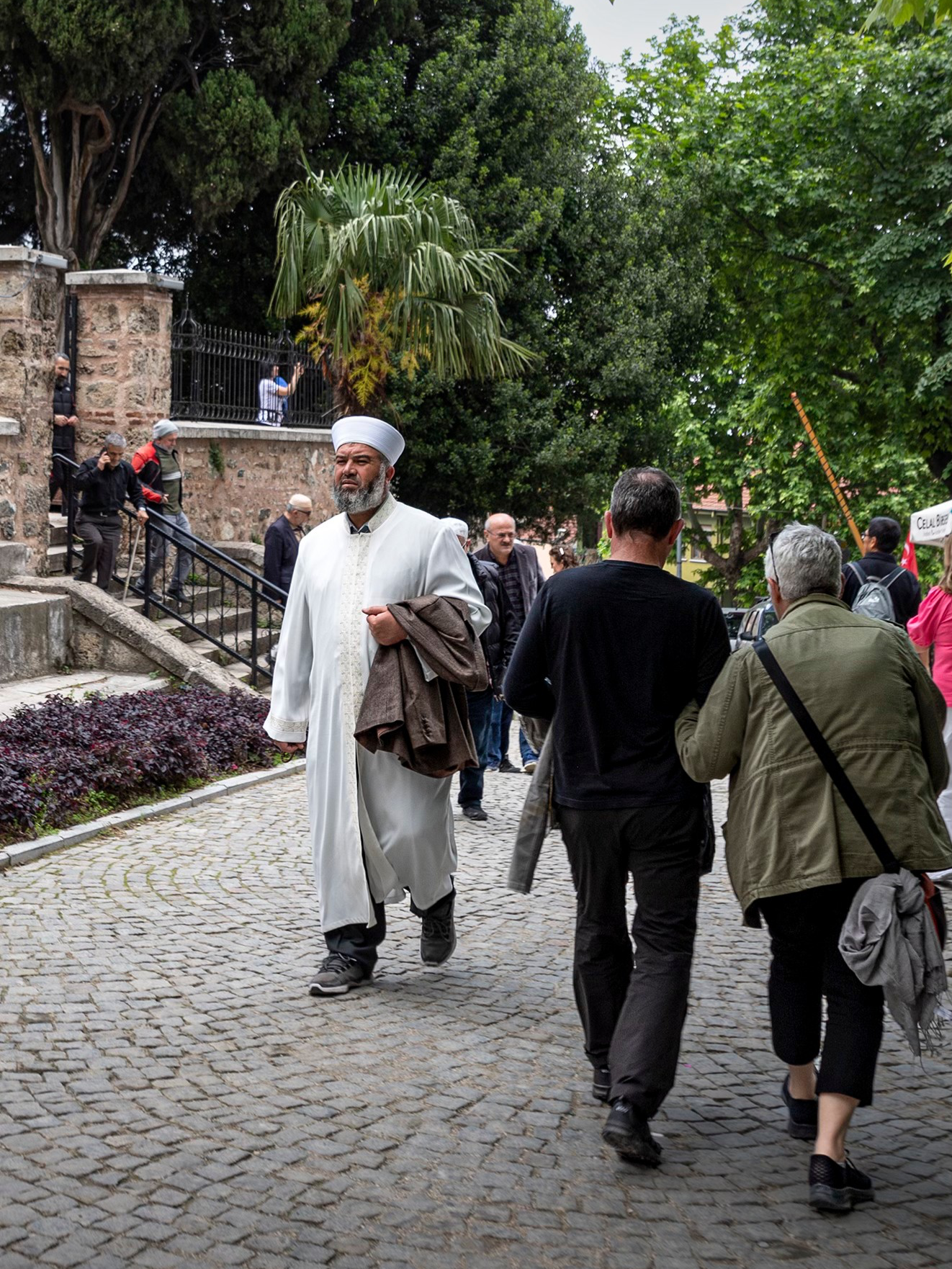𝓈𝑜𝒻𝒾𝒶 𝒷𝑒𝓁𝑒𝓃 🪼
Region: CL
Sunday 23 November 2025 00:50:05 GMT
2368
616
1
5
Music
Download
Comments
ᥫ᭡ :
bella
2025-11-23 01:34:24
1
B💜 :
yoteayudoaolvidarloquetengasqueolvidar😏😏😏🔥🔥🔥😍😍😍👅👅👅😏🥵🥵🫦🫦👄👄
2025-11-23 01:25:51
1
To see more videos from user @fysool.z, please go to the Tikwm
homepage.



![﴿فَلَاۤ أُقۡسِمُ بِٱلشَّفَقِ﴾ [الانشقاق ١٦]#قران_كريم #محمد_البراك #تلاوة_خاشعة #اعادة_النشر🔃 #quran](/video/cover/7576715154222714114.webp)

